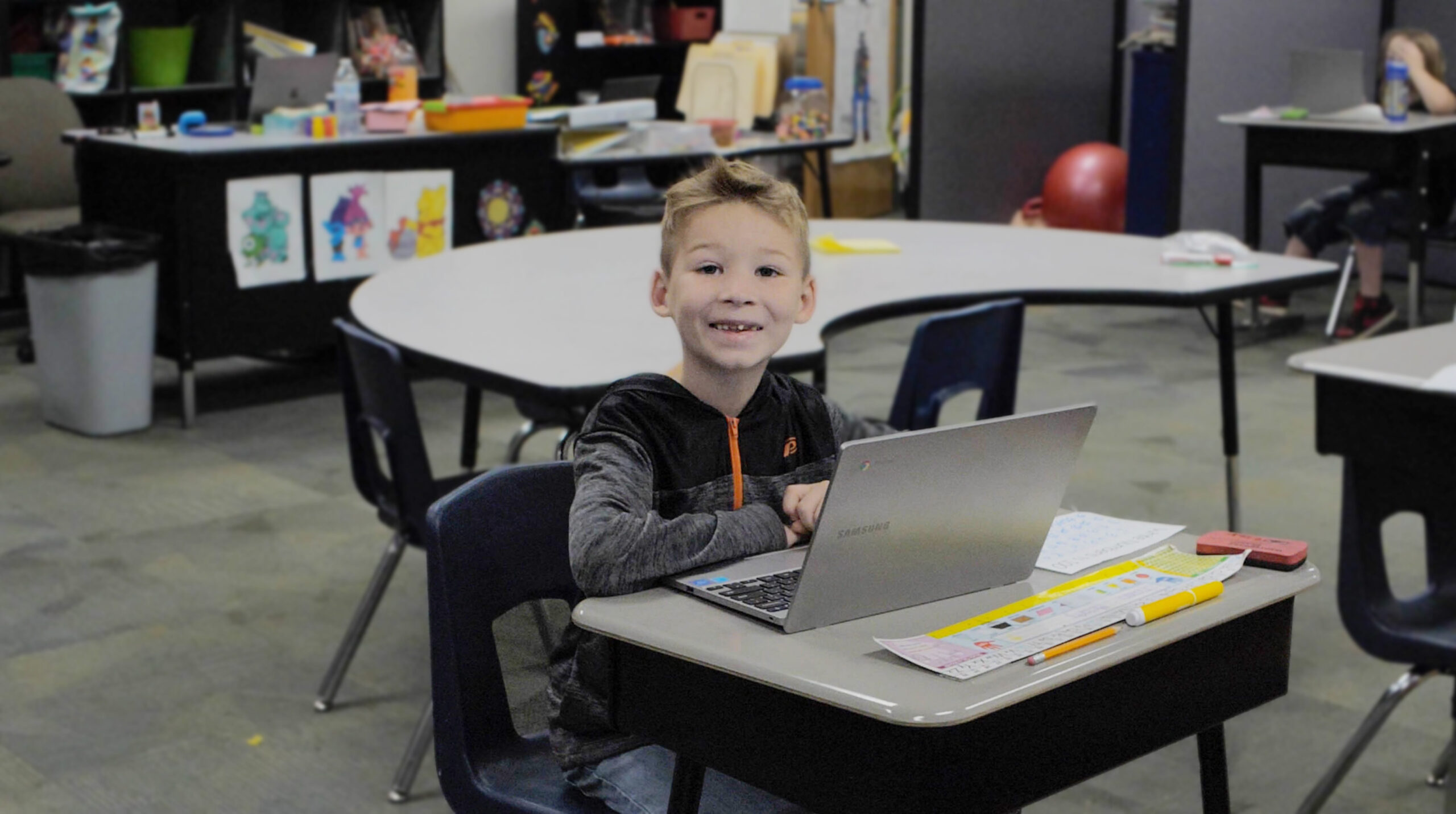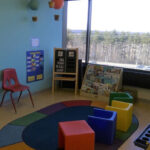Getting ready for the new school year can be a hectic and exciting time. Transitioning from the extra playtime and novelty of summer back to the routine of the school year can be challenging. For children with autism (and their parents), all this change can feel overwhelming.
Here are some suggestions for how to help ease your child’s back-to-school anxieties:
Get a Sneak Peak
Scope out the school and classroom in advance. If your child is going into a new classroom, ask to visit it at least once before the first day of school. If transition has been a struggle in the past, consider taking as much time as your child needs to explore the classroom. Make it as much fun as possible, playing in each of the new areas.
Check Out Seat Assignments
For older children, ask the teacher if a seat assignment has been made. Do some enjoyable activities in that seat. If familiar classmates will be in the room, show where they will be sitting, too.
Rehearse New Activities
Find out from the teacher what new activities are planned. Then, prepare your child by performing, practicing, and talking about them. This rehearsal will reduce anxiety when the new activities come up in the first week of school.
Anticipate Sensory Overload
The noise and chaos of a typical classroom can sometimes be a bit much to handle. Establish a plan for what to do in this situation – perhaps there is a quiet room where your child can “take a break” for a short time.
Volunteer in the Classroom
Many teachers welcome assistance from parents. If your child’s teacher welcomes volunteers (and your schedule permits), your presence may be a source of comfort to your child during those challenging first weeks.
Going to school can pose many challenges for children with autism, as well as offer countless opportunities for building crucial social, language, and academic skills. Be positive and encouraging, and your child will be off to a great year!
Looking for more school-related tips for your child with autism? Check out our blogs, “Five Steps to Help Your Child with Autism Make Friends” and “This School Year, Build a Trusting Relationship with Your Child’s Teacher.”







